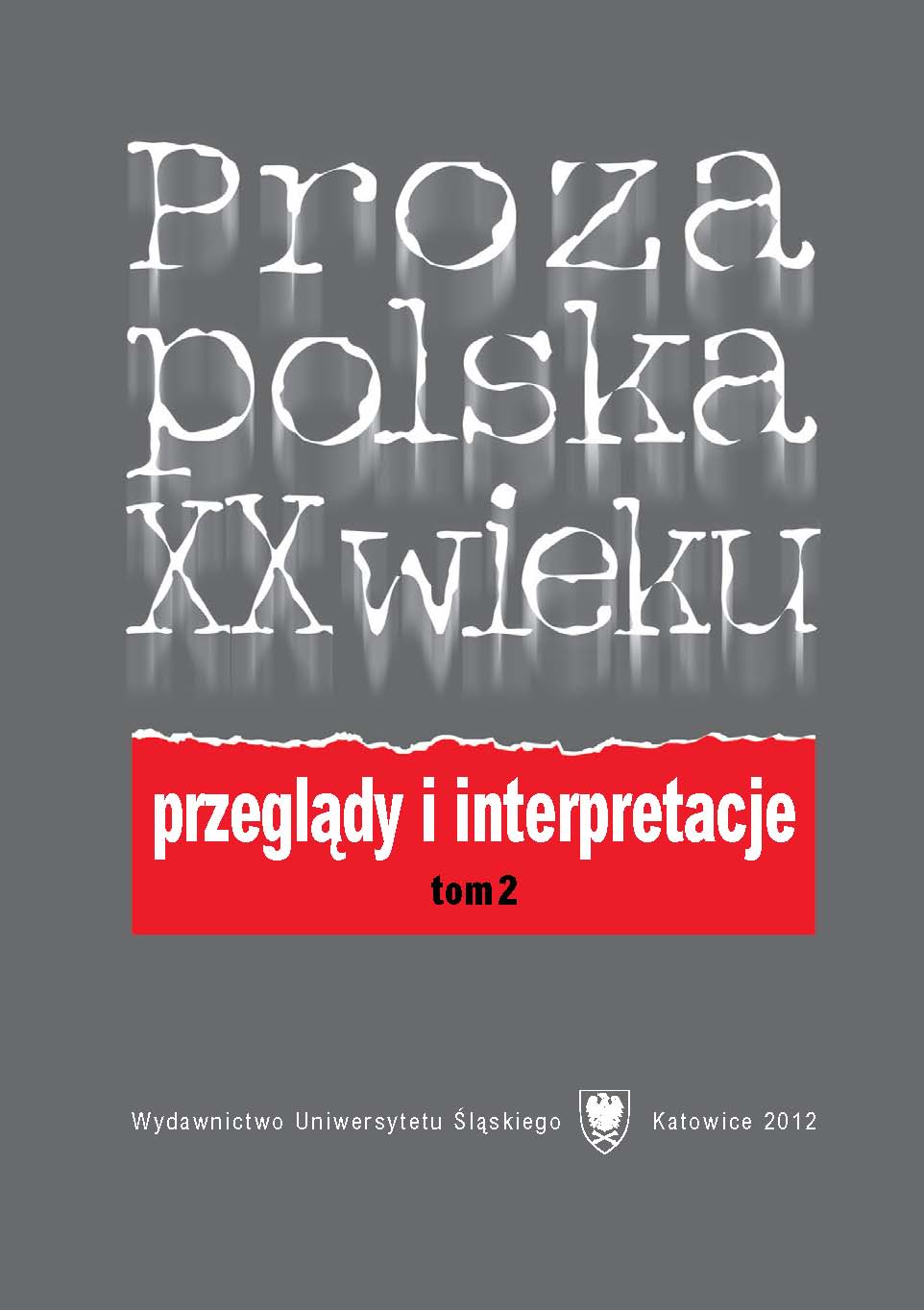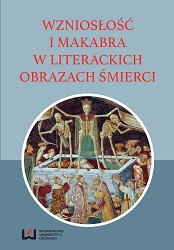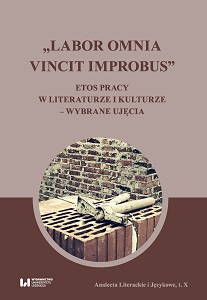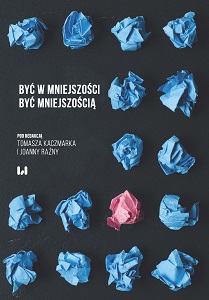
Próbując sanctum. Uwagi o czasie w "Próbie listopada" Piotra Wojciechowskiego
"The Rehearsal of November", despite being in some opinions the worse of Piotr Wojciechowski’s texts, seems an interesting case in the prose of last years. The article attempts to diagnose the category of temporariness in the novel in question by the author of "Stone Bees". Peculiar character that was given to the textual time displays special connections to Christian thought and, as I am trying to show, to metaphysics stemming directly from the roots of physics itself. The construction of time in the novel not only mingles elements of humanities and natural science but also seems to give foundations of contemporary Christian novel.
More...


